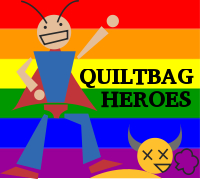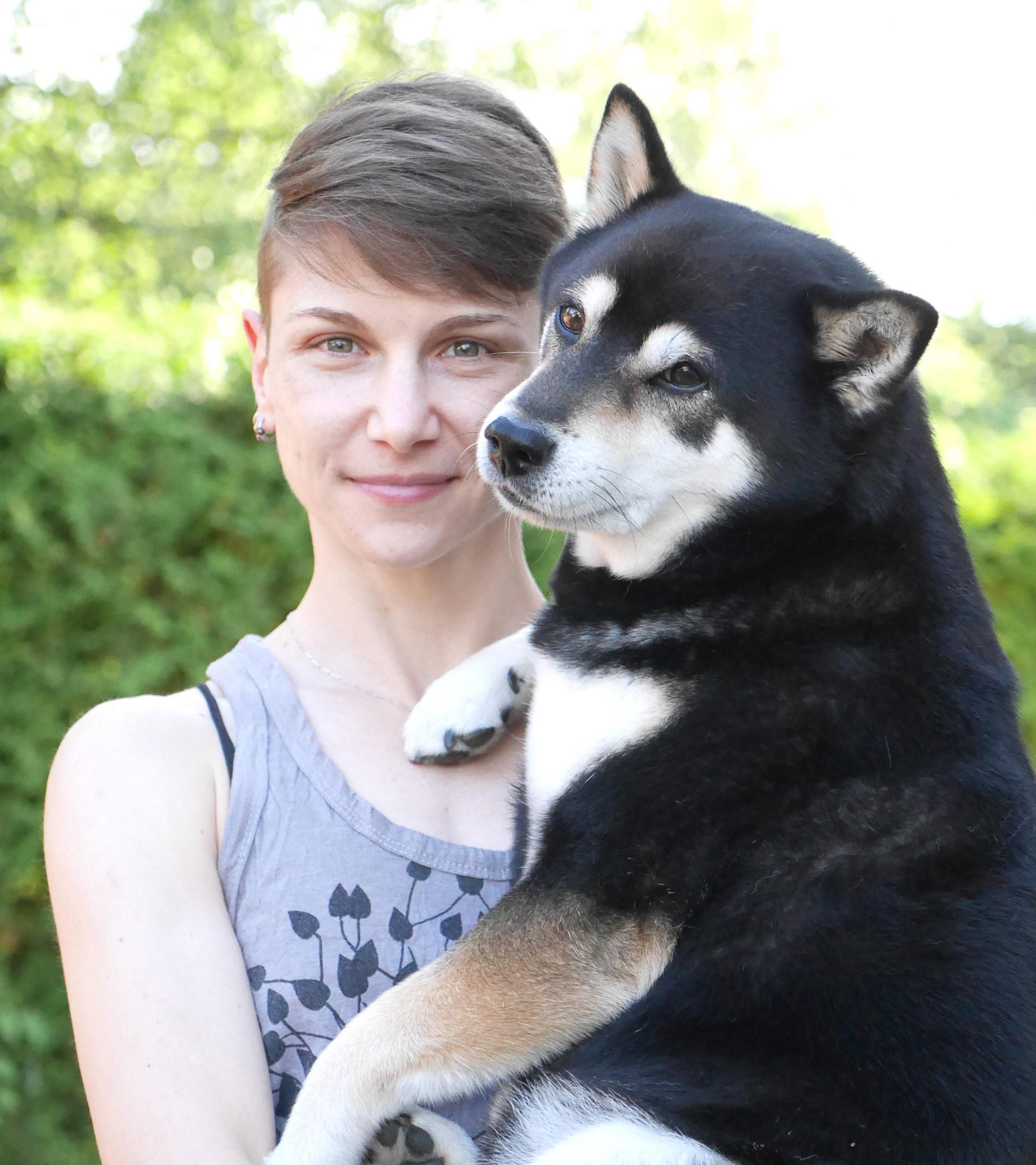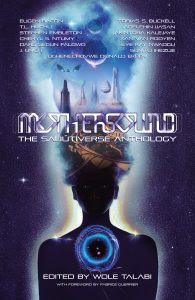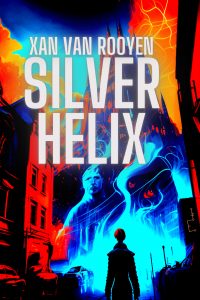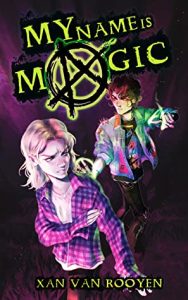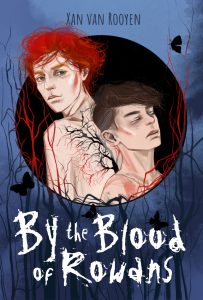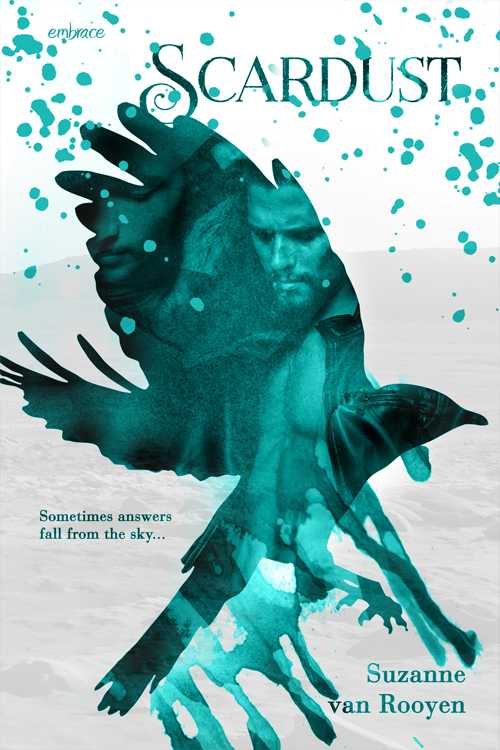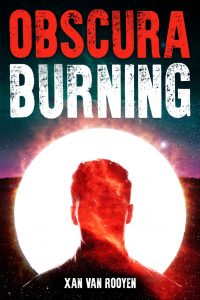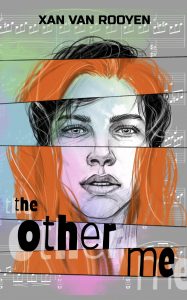It’s QUILTBAG HERO Wednesday here at Off the Page, a day celebrating QUILTBAG heroes and role models, a showcase of the amazing gay, lesbian, bi, trans*, queer/questioning, unisexed, intersexed and asexual people, real and fictional, who inspire us.
This week I’ve got something extra special in store. One of the best YA dystopian books I read this year featured a sexually fluid society in a futuristic Brazil. Today, I am delighted to welcome Alaya Dawn Johnson, author of The Summer Prince to Off the Page sharing some insights into Enki.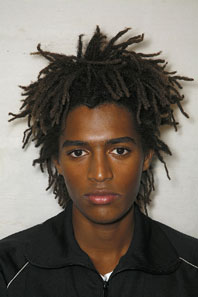 Enki plays the titular role of the summer prince. Enki is different, bucking the system that made him King and doing things his own way. He is a dancer, an artist, a lover and a revolutionary. He is also just one of many bisexual characters in the book. The Summer Prince offers a refreshing take on the dystopian paradigm and Enki is one of the most unusual heroes I’ve ever met, which is what his character so enthralling.
Enki plays the titular role of the summer prince. Enki is different, bucking the system that made him King and doing things his own way. He is a dancer, an artist, a lover and a revolutionary. He is also just one of many bisexual characters in the book. The Summer Prince offers a refreshing take on the dystopian paradigm and Enki is one of the most unusual heroes I’ve ever met, which is what his character so enthralling.
Creator of Enki, Alaya Dawn Johnson, was kind enough to answer a few questions…
1. Which character traits do you think are the most important for a hero to have?
I think people tend to use “hero” as shorthand for “protagonist” but sometimes I like to play around with that…a protagonist is someone whose story you’re telling but a hero (I think) is someone who in some way makes a story happen to them or around them. There’s lots of ways for that to happen–they can be dynamic and flashy and political like Enki or they can be quieter and strong and dedicated like Gil–but they are both, I think, heroes of The Summer Prince. But then, June is our protagonist. I think she’s ultimately a hero but she doesn’t start out that way. It takes her realization of what Enki is doing artistically for her to set her own story in motion. So I’d say the most important traits for any hero are desire and will–though of course that could also describe plenty of good villains!
2. Do you think Enki considers himself a hero? Why?
This is an interesting question. I think Enki sees himself as part of a movement of profound importance–otherwise he wouldn’t be doing what he does. I think that by making himself into a figurehead he acknowledges the importance of personality in political movements. So I guess you could say that Enki set out to make himself into someone that other people would think of as a hero. But does he think of *himself* that way? I think he sees June as far more important than he can possibly be. Not that he’s correct, but that’s pretty much what he means when he talks about her using her life as a canvas at the end of the novel. So I guess I’d say: he feels that he’s done some very un-heroic things and is aware that not all of his reasons are the best, but by the end he feels a commitment to his goals that I think he could acknowledge (ironically) is heroic.
3. Enki is bisexual, as are many others in the novel, was this a conscious decision or just how the world of The Summer Prince developed?
I knew from the start that I wanted the book to be very open and fluid about sexuality. But I admit that the particular arrangement of June and Enki and Gil kind of happened as I was writing. The pivotal moment was when I decided that I wanted June to have a male best friend instead of a female one. But sometimes writing can feel more like discovery than creation and this was one of those times. The second I started to write Enki I knew that for him to fully realize the potential of being that kind of sex symbol he had to be someone who could attract and be attracted to everyone in Palmares Três (obviously not literally, but I didn’t want cultural barriers to the possibility). And from that point I started to explore the implications of having that kind of society.
4. How have readers reacted to your story? Do you think reader reception would be different were your characters straight?
I have to confess, I don’t read very many online reviews! But from things I have heard from readers personally, the reaction has been very positive! I think that many, many people are relieved to see sexuality treated so openly in a YA novel. Obviously not everyone is thrilled about it–I’ve read some very strange comments–but I think overall that people have been pretty receptive. If my characters were straight…well, it would be such a different book I can’t even imagine how people would react! Maybe it would have fewer barriers to getting into certain schools or libraries, but on the other hand, I think it would lose a lot of depth, which is its own sort of barrier.
5. What would you like to see more of in terms of diversity in YA genre fiction?
When I was growing up, I can’t tell you how much a dreamed of a book about people of color having adventures and doing interesting things and living unusual lives–but instead, almost everything I read was about white people. And though there are many more YA novels with non-white protagonists, the number of SF or fantasy or paranormal YA novels that do is still too small. I’ve gotten several letters from people happy to finally read SF YA with people of color, where the adventures are neither entirely about nor entirely divorced from their culture. I think that sort of matter-of-fact depiction is also what people have liked about my treatment of the characters’ sexuality. It isn’t that coming-out stories or navigating racial identity stories aren’t important, but I do think YA genre fiction could do so much more with the *other* types of stories waiting to be told with diverse characters.
What do you think of Enki? Who is your hero?
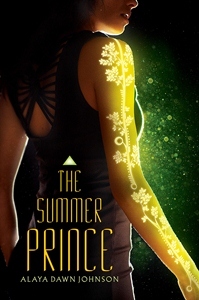 A heart-stopping story of love, death, technology, and art set amid the tropics of a futuristic Brazil.
A heart-stopping story of love, death, technology, and art set amid the tropics of a futuristic Brazil.
The lush city of Palmares Três shimmers with tech and tradition, with screaming gossip casters and practiced politicians. In the midst of this vibrant metropolis, June Costa creates art that’s sure to make her legendary. But her dreams of fame become something more when she meets Enki, the bold new Summer King. The whole city falls in love with him (including June’s best friend, Gil). But June sees more to Enki than amber eyes and a lethal samba. She sees a fellow artist.
Together, June and Enki will stage explosive, dramatic projects that Palmares Três will never forget. They will add fuel to a growing rebellion against the government’s strict limits on new tech. And June will fall deeply, unfortunately in love with Enki. Because like all Summer Kings before him, Enki is destined to die.
Pulsing with the beat of futuristic Brazil, burning with the passions of its characters, and overflowing with ideas, this fiery novel will leave you eager for more from Alaya Dawn Johnson.


